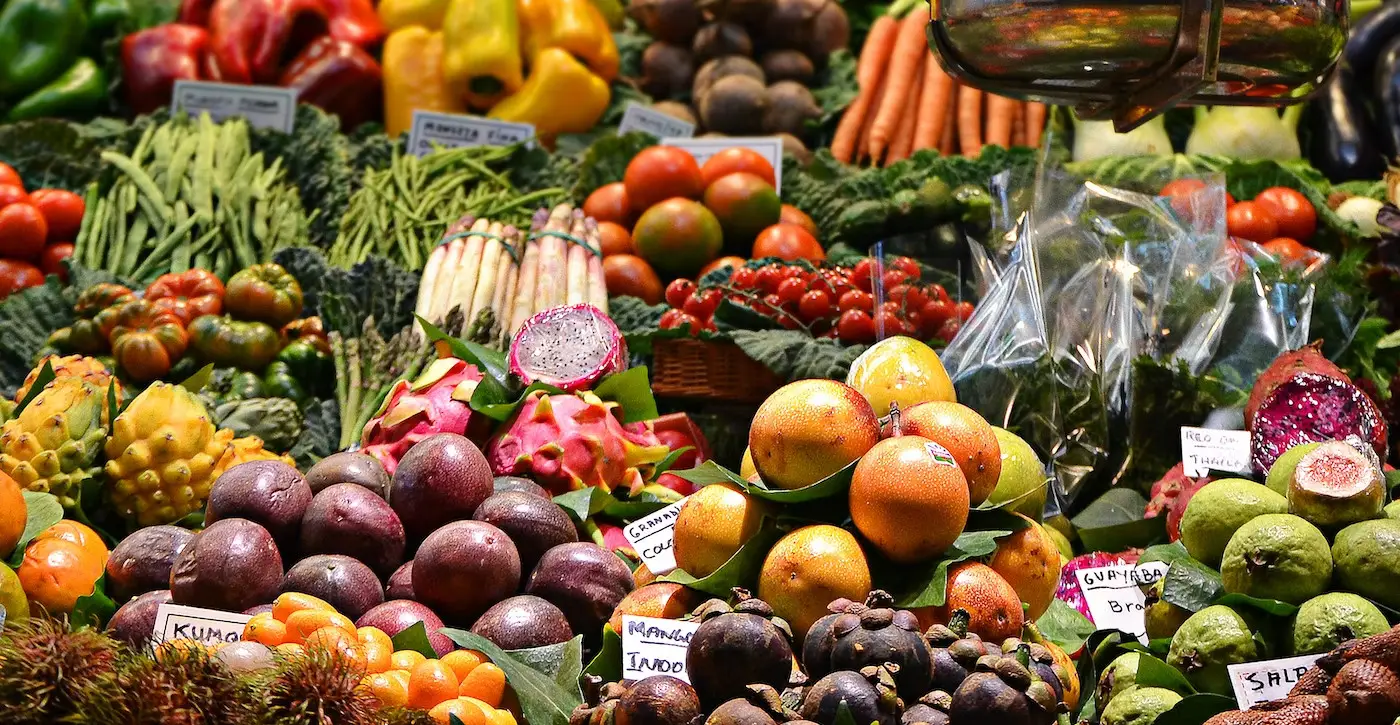Egg, Whole, Raw Lysine and Arginine Info Sheet
Overview
Egg, whole, raw is an animal product that consists of the yolk and the white of an unfertilized chicken egg.It is usually cooked or used in baking, omelets, and sauces.
Egg, whole, raw is high in protein, choline, biotin, and selenium.
It also contains vitamin A, vitamin D, vitamin B12, iron, and phosphorus.
Raw eggs may have some health benefits, such as supporting brain function, eye health, and metabolism.
Raw egg may also have some health risks, such as increasing cholesterol, salmonella infection, and allergic reactions.
| Name | Lysine (mg/100g) | Arginine (mg/100g) | Ratio |
|---|---|---|---|
| Egg, Whole, Raw | 582mg | 474mg | 1.23 |
Egg, Whole, Raw contains 582mg of Lysine and 474mg of Arginine per 100g of product.
This means Egg, Whole, Raw has a high Lysine-Arginine ratio of 1.23.
Because Egg, Whole, Raw contains slightly more lysine than arginine, increasing its consumption may benefit people who suffer from herpes, as it may boost the immune system.
Lysine Considerations
Lysine is an essential amino acid that is important for protein synthesis, collagen formation, and immune function.
Egg, whole, raw is a very good source of lysine, providing about 58% of the RDI per 100 grams.
It is one of the nine amino acids that the human body cannot make by itself, so it has to come from the food we eat.
Lysine has many functions in the body, such as helping with growth, healing, energy, immunity, and collagen production.
Lysine may also have some effects on the herpes virus, which causes cold sores and genital sores.
Studies have suggested that taking lysine supplements or applying lysine cream may help prevent or treat these infections by blocking the amino acid arginine, which the virus needs to grow.
Arginine Considerations
Arginine is a semi-essential amino acid that is involved in nitric oxide production, wound healing, and blood pressure regulation.
Egg, whole, raw is a good source of arginine, providing about 47% of the RDI per 100 grams.
Arginine can support your wellbeing and performance, such as lowering your blood pressure, healing your wounds, and boosting your exercise endurance.
Arginine can be made by the body or obtained from foods like meat, dairy, nuts, and soy.
Unfortunately, the herpes virus is known to "feed" on arginine, and having a diet higher in arginine than lysine may increase the occurrence and severity of cold sores and herpes outbreaks.
Lysine-Arginine Ratio
Like most animal products, egg is a good source of protein with a positive lysine-arginine ratio.
This means it is higher in lysine than arginine, which may have a positive effect in fighting against herpes viruses (HSV-1 and HSV-2).
This is because lysine counteracts arginine, which the virus needs in order to replicate.
Adding eggs to your diet may then help prevent or ease the symptoms of herpes outbreaks and cold sore flare ups.
Both lysine and arginine are important for protein synthesis and other bodily functions.
The two compounds can affect the herpes simplex virus, which is responsible for cold sores and genital herpes, in opposite ways.
Lysine can the human body or stop the virus from reproducing, while arginine can help it propagate.
Eating foods with a high lysine-arginine ratio could help lower the appearance and severity of herpes flare ups.
Some foods that have a high lysine-arginine ratio are milk and cheese, fish, poultry, fruits, and vegetables.
These foods can give the body enough lysine to prevent the virus from taking up arginine, and thus stop its growth and spread.
Dietary Considerations
Eggs are a complete protein source that contain all nine essential amino acids, including lysine and arginine.
Eggs have more lysine than arginine, which makes them favorable for people with herpes.
Eggs also contain choline, biotin, and vitamin D, which are important for brain function, hair growth, and bone health.
Eggs can be eaten in various ways, such as boiled, scrambled, or poached.

For instance:
Make sure to drink plenty of water to keep yourself hydrated and eliminate toxins from your body.
Water can also help you avoid dryness and irritation of the skin and mucous membranes, which can lead to outbreaks.
Consider taking l-lysine supplements, which can help prevent herpes outbreaks and stop a cold sore before it emerges by limiting the availability of arginine for the virus, which it requires to produce a cold sore.
Other food supplements, such as vitamin C, zinc, selenium, and antioxidants, can help you boost your immunity and protect your cells from oxidative stress.
Check more food information






